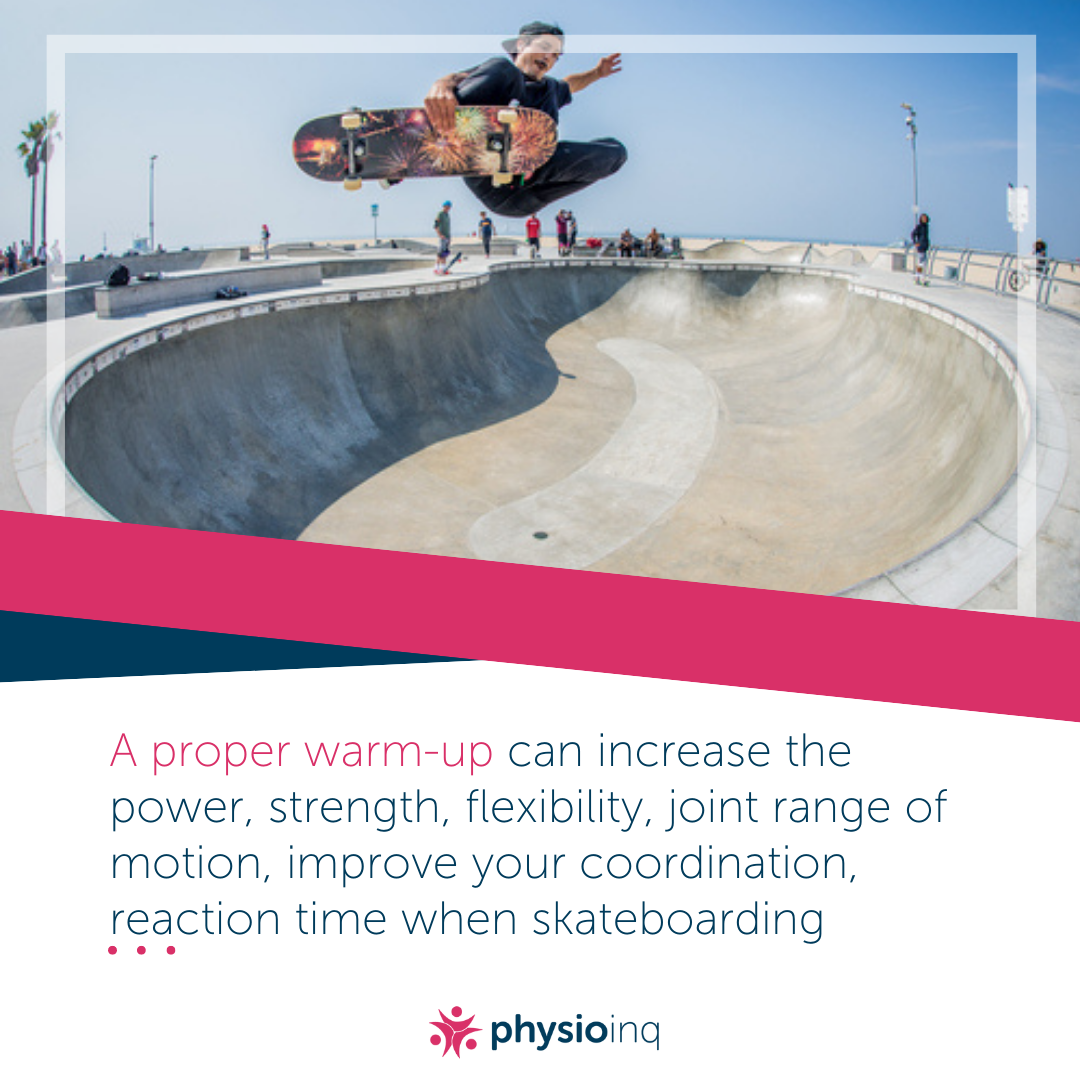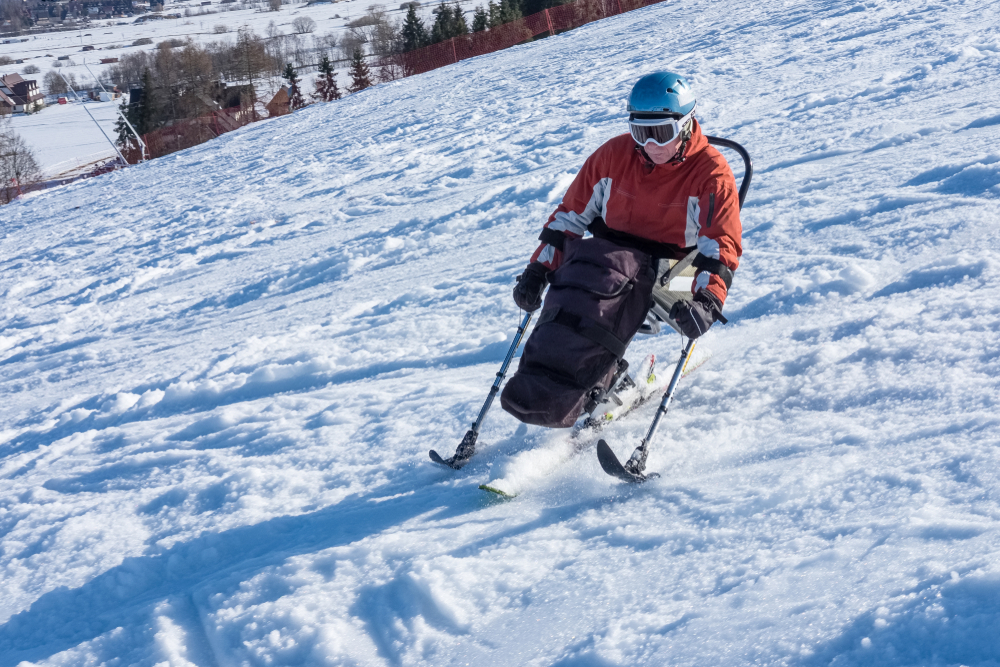Make an Appointment
If you suffer from painful sciatica, there are plenty of treatment options to help you. The first step is to book an appointment with your local physiotherapist. From there, one of the best sciatica treatment options they might recommend is hydrotherapy.
Here, we’re going over the benefits of hydrotherapy for sciatica, how it helps and a few hydrotherapy exercises you’re likely to do if you work with a physio.
Benefits of Hydrotherapy
Hydrotherapy is a therapeutic process involving water. Different to swimming, hydrotherapy is usually performed in a pool of water at a slightly warmer temperature than a normal swimming pool, typically around 33° to 36°C.
Hydrotherapy also involves specialised exercises to do while you’re in the water that’s different from your average recreational swimming. Usually, these exercises are performed with a physio or physical therapist and involve slow controlled movements in the buoyancy of the pool.
In fact, you don’t even need to be able to swim to participate in hydrotherapy. Hydrotherapy pools are shallow and only come up to most people’s chests. For additional safety, your physio will be there with you the entire time.
The major benefits of hydrotherapy include:
- Muscle relaxation due to the warm water which eases joint pain and improves performance outside of the hydrotherapy session
- Joint support as the water holds your weight which relieves pain and increases your range of motion
- Gentle resistance to help tone your muscles as you push your body through the water
While it’s common to see older people with joint pain taking advantage of hydrotherapy, it’s a beneficial form of therapy for anyone who deals with chronic pain, is recovering from an injury or requires a gentle form of physiotherapy.
However, keep in mind that hydrotherapy may not be right for you if you have:
- A wound or skin condition
- A virus
- An elevated temperature
- High or low blood pressure
- Breathing difficulties
- A kidney condition requiring dialysis
- Angina or heart problems
- Incontinence
- A chest infection
- A chlorine allergy
- Uncontrolled diabetes, asthma, or epilepsy
Otherwise, hydrotherapy is a safe and non-invasive form of therapy to help people treat a wide variety of conditions and injuries.

Hydrotherapy for Sciatica
Sciatica is caused when a herniated disc or bone spur in the lower spine presses on the sciatic nerve which runs from your lower back down your legs. This pressure causes pain to radiate down the sciatic nerve along the back of one or both legs.
The most common symptoms of sciatica include:
- Pain in the lower back or back of the leg radiating across the knee and sometimes into the foot and toes
- Pain is either achy, shooting or burning
- Sensations may also include tingling or numbness
- Muscle weakness
- Changes in tendon reflexes
While you may work with a physio non-water-based exercises to relieve the pain caused by your sciatica and it’s common to take medication to reduce the chronic pain, hydrotherapy for sciatica also has many benefits.
Hydrotherapy for sciatica helps by:
- Relaxing the muscles around your spine, in your lower back and throughout your legs to help relieve the nerve pain
- Supporting your weight while you perform exercises that are formulated to help your sciatica
- Low-impact resistance from the water allows you to tone your muscles and increase mobility to relieve sciatica pain
Can hydrotherapy help sciatica?
Yes, hydrotherapy can help sciatica.
Physical therapy can be hugely beneficial to reducing inflammation and pain related to sciatica. It can improve your physical performance and can also reduce the risk of your sciatica symptoms returning. However, physical therapy can also cause some pain due to the exercises causing pressure on your joints.
Hydrotherapy, therefore, can help with sciatica because you’re still able to engage in physical therapy while reducing the impact on your joints.
Performed under the supervision of your PT or physio, hydrotherapy uses the gentle resistance of the water to help tone your muscles which support your joints. You’ll also get the added benefit of buoyancy to reduce the otherwise heavy load on your spine.
What water exercises are good for sciatica?
The best water exercises for sciatica include:
- Swimming
- Water Walking
- Knee Lifts
- Water Workouts
Swimming is perhaps the most obvious hydrotherapy exercise that you can do to improve your sciatica symptoms. However, it may not feel like the swimming you’re used to. Your physio will give you specific strokes to perform to improve your sciatica.
Water walking is another hydrotherapy exercise that can improve your sciatica. The gentle resistance of walking through water takes the pressure off your joints while improving balance and stability which can help with sciatica.
Knee lifts help to mobilise your lower back and hamstrings in the water to improve painful symptoms of sciatica.
Water workouts, also known as water aerobics, can be beneficial for those suffering from sciatica pain. They’ll help you tone your muscles without any added weight putting unnecessary pressure on your sciatic nerve.
While these water exercise examples are active in nature, hydrotherapy for sciatica may also look like simply relaxing in a hot tub and allowing the hot water to relax your muscles and soothe your sciatic nerve pain.
Again, hydrotherapy will be performed at the discretion of your physio and everything you’ll need to know will be addressed during your initial appointment and subsequent sessions.

At Physio Inq we are one Australia's largest Allied Health companies delivering In Clinic, In Home & Online services across the country.
Are you interested in having an expert Aquatic Physiotherapist working in hydrotherapy pools assess your sciatica & other conditions to prescribe you personalised exercises using hydrotherapy?
We have Mobile Physiotherapy services across Australia working in most of the few hydrotherapy pools in the country.
All you need to do now is book an appointment with our expert physiotherapists at Physio Inq and ask about trying hydrotherapy for your sciatica. Contact us now!
Date Published: Thursday, January 13, 2022
Locate a Mobile Physiotherapy
Service Near me
Get the experience & convinence you deserve to support your or a loved one's allied health needs.
Our Mobile Physiotherapy team are currently serving & taking appointments in the following states and regions in Australia:
Need to get into direct contact with ur Client Services team? We're all ears. Call our team directly on 1300 731 733

















